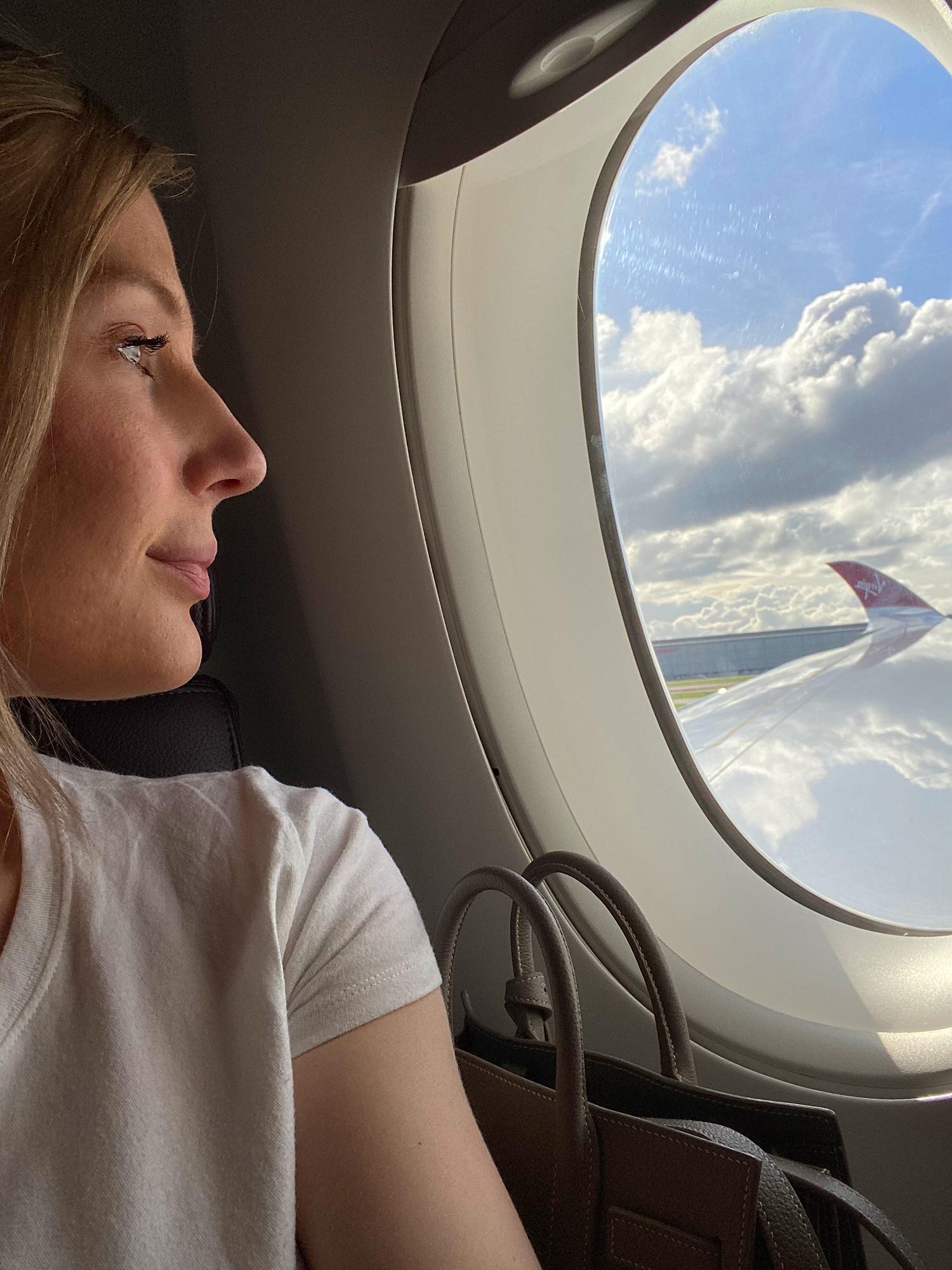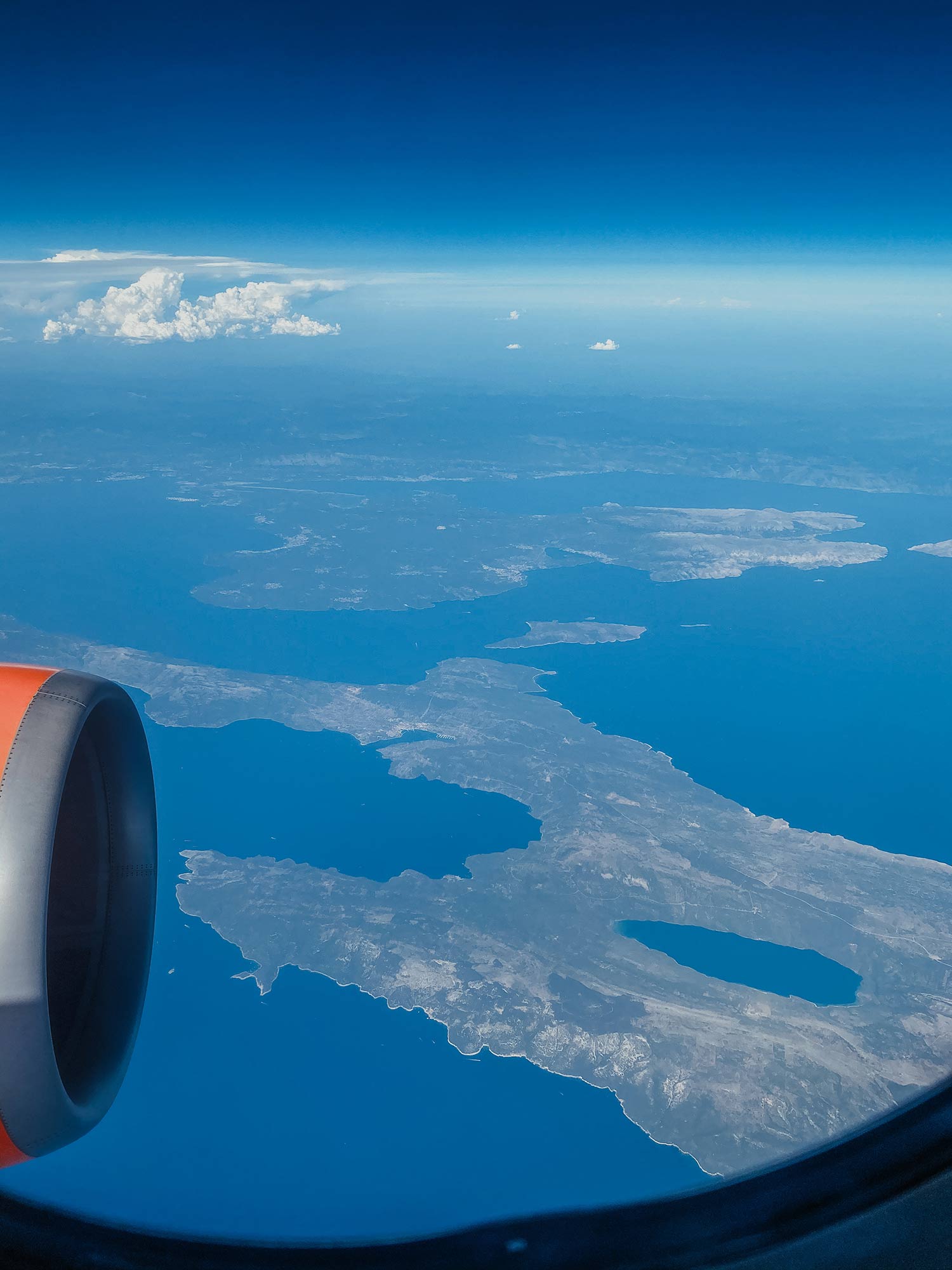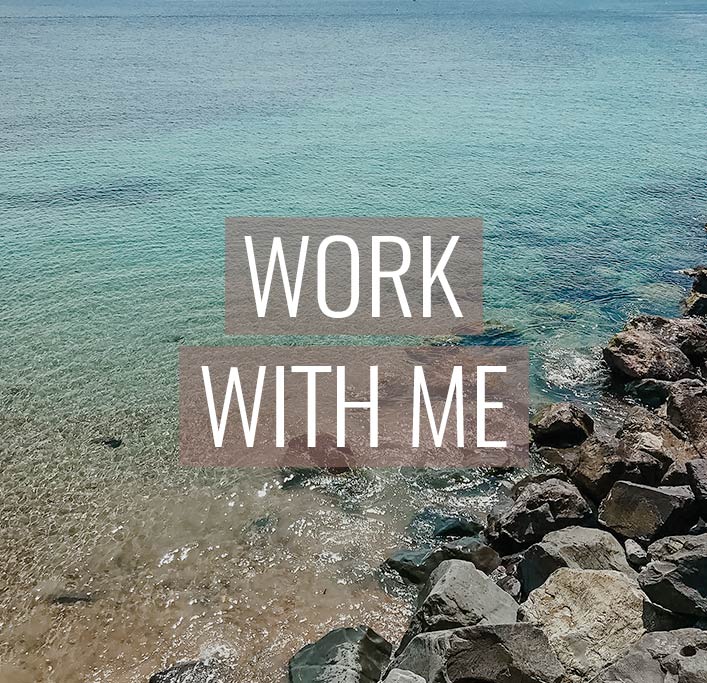Post-Vacation Reset: Effective Tips for a Smooth Transition Home
After a rejuvenating trip, such as a cruise or extended vacation (I guess you could call it that for me, since I just returned from the United States after 83 days), returning to your routine can feel challenging. It’s common to experience a sense of disorientation and lack of motivation as you settle back into daily life. I’ve actually felt quite depressed to be honest. The key to regaining your equilibrium is to create a strategy for easing back into your routine with mindful practices and a positive mindset. I’ve learned that you actually do need to do certain things to get back into your life, otherwise you’re in this limbo.
Setting tangible goals and incorporating small, actionable steps into your daily schedule can make the transition smoother. This may include re-establishing a consistent sleep schedule as you try to get back to your own time zone, gradually reintroducing your fitness regimen, and planning nutritious meals. By taking the time to plan and execute these steps, you encourage both mental and physical well-being.
Embracing activities that promote relaxation, such as meditative walks or creative hobbies, can further support your reset process. These practices can help refresh your mind and prepare you for the tasks ahead. With these strategies, returning home from a dream vacation becomes an opportunity to enhance your lifestyle towards a healthier routine, rather than being sad that you came home.
Re-establishing Routine
After returning from your relaxing travel, you might find it challenging to get back into your regular routine. This section presents concrete strategies to help you assess your current situation, create a balanced schedule, effectively prioritise tasks, and rebuild healthy habits for a smoother transition.
Assess And Plan
Start by taking stock of what needs immediate attention. Consider using a checklist to categorise urgent matters, such as pending work tasks or personal commitments. Allocate specific time slots for these responsibilities to avoid feeling overwhelmed. Evaluate your workload realistically and make adjustments based on current priorities.
Reflect on how your absence affected ongoing projects. Are there gaps that need immediate attention, or can some tasks wait? By thinking critically about these, you can formulate a concrete plan to address them effectively. Luckily I am able to work from wherever I am in the world, but I figure this is a very important step for those that cannot.
Creating a Balanced Schedule
Balance is key to re-establishing routine. Divide your day into blocks dedicated to various activities, like work, exercise, and relaxation. A balanced schedule helps manage time efficiently and reduces stress.
Use digital tools or planners to set reminders for essential tasks. Visual representations of your activities can provide clarity and ensure you allocate time wisely. Incorporating breaks, even short ones, can enhance productivity and maintain focus throughout the day.
Incorporate aspects of your vacation experience into your daily schedule, such as short moments of mindfulness or practice relaxation techniques you enjoyed.
Prioritising Tasks Effectively
After time away, prioritising tasks becomes crucial. Start with a list of immediate priorities and long-term goals. Determine the importance and urgency of each task. Use methods like the Eisenhower Box to differentiate between urgent and important tasks.
Communicate with colleagues or family to align on priorities. Understanding their expectations helps in establishing a cohesive plan.
Review these priorities regularly to adapt to new developments or challenges. Flexibility ensures you can accommodate unexpected tasks or opportunities as they arise.
Rebuilding Healthy Habits
Returning home is a perfect time to reaffirm healthy habits. Resume your regular sleeping, eating, and exercise routines, which play a significant role in personal well-being. Consider exploring healthy eating habits that might have been disrupted during your vacation.
Incorporate activities that promote mental health, such as mindfulness or meditation. Short, daily practices can significantly impact overall mood and productivity. Consistency in these activities fortifies their benefits, making it easier to maintain them over time.
Set achievable goals within these habits. Small, incremental changes can lead to lasting improvements, enhancing your overall resilience and energy levels.
Optimizing Wellness
If you took a vacation somewhere far away from home, like flying to Australia, or even a cruise to Japan, these trips can bring about various changes in your routine due to the huge time zone difference, and being that far away from your own culture. Focusing on sleep after jet lag, exercise, nutrition, emotional balance, and mindfulness can help you optimise your overall wellness upon your return.
Managing Sleep and Jet Lag
Adjusting your sleep schedule is crucial after a trip. Gradually shift your bedtime closer to your usual routine a few days before you return. Exposure to natural light during the day can help reset your internal clock. Limiting caffeine and heavy meals before sleep can also enhance the quality of your rest. Consider a short nap if you’re too tired, but avoid long daytime sleep to prevent prolonging jet lag. This is one of the hardest things for me to change around.
Incorporating Exercise and Nutrition
As mentioned above, integrating exercise and a balanced diet can help re-energize your body. Aim for at least 30 minutes of activity each day (if you’re well enough), whether it’s a brisk walk, yoga, or a gym session. Visit the grocery store to stock up on whole foods, like fresh produce and lean proteins, to create a healthy meal plan. Emphasise nutrient-rich foods to support recovery and enhance overall energy levels. Also make sure that you are really well hydrated as long flights and travel can dehydrate you.
Emotional Well-being
Post-vacation blues can affect your emotional state. Engage in activities that bring you joy and foster social connections. Reconnecting with friends and family can lift your spirits and ease the transition back to daily life. Consider journaling or blogging about your trip to reflect on positive experiences and set new goals to maintain a positive outlook. Keep photos and souvenirs visible to remind yourself of enjoyable memories. It is always a shock when you come back home from a long trip away, so I personally love to look at my photos and enjoy where I was.
Mindfulness and Relaxation
Incorporating mindfulness and relaxation techniques, as mentioned above as well, can ease stress and improve mental clarity. Meditation, deep breathing exercises, or guided imagery are effective tools that can be practiced daily. Taking a few minutes in the morning or evening to centre your thoughts can decrease anxiety and enhance focus. Creating a calming environment at home, with soft lighting and soothing scents, can also help in maintaining a relaxed state.
It’s so easy to get lost when you come home, and I really feel that when I come back to the UK from the USA. The way of life is so different and it’s hard to make those adjustments. Seeing my family, enjoying my British food, coming back to my closet etc. all help me transition as well, so I hope this post was helpful!
Discover more from FORD LA FEMME
Subscribe to get the latest posts sent to your email.





I can tell that you had a wonderful time over here, Lorna! Uhg, the jet lag gets me just crossing three time zones to go to Michigan! Is British food that different from here? There are some British dishes I have read about that sound so good!
Author
Yes! It’s very different, and when American’s come over here, every single one understands that our food is better quality. We have much stricter laws on the grade of meat, preservatives, additives, colours etc. Our food is so much healthier 🙂
Really? I believe you, Lorna, and good on those who make the decisions for better food! I admit that a lot of our food is basically junk food. I suppose our government believes that a sickly population is easier to control. I recently altered my diet and cut out salt and red meat. So bad for you. I want to try British food! Have a wonderful weekend, Lorna. ❤️😊😎
Author
Funny as I need salt for my blood pressure to remain stable, ha ha! You should definitely try English food!
Yummy! 🏴❤️